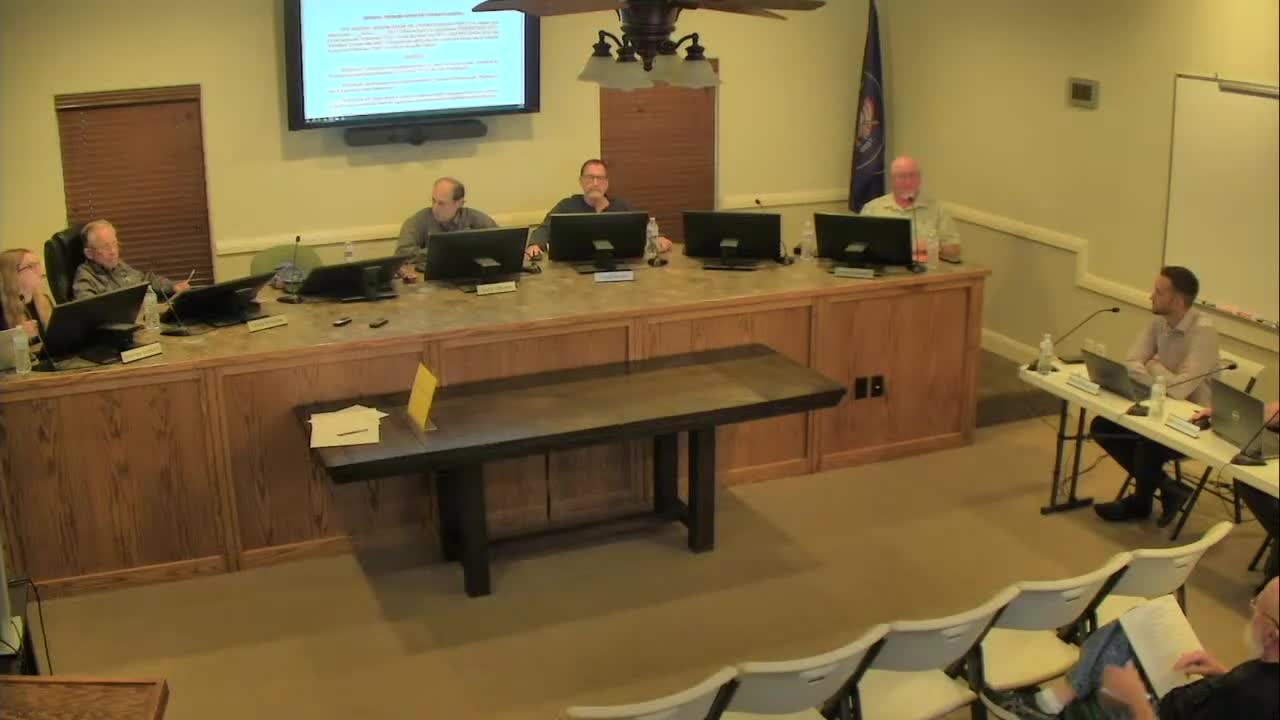Toquerville council denies MOU to open temporary Westfield connector access
Get AI-powered insights, summaries, and transcripts
Subscribe
Summary
After extended debate about cost, maintenance and liability, the Toquerville City Council voted to deny a proposed memorandum of understanding that would have allowed temporary, licensed access from the Westfield neighborhood onto the parkway.
TOQUERVILLE, Utah — The Toquerville City Council voted to deny a proposed memorandum of understanding (MOU) that would have allowed temporary licensed access from the Westfield neighborhood onto the new parkway, after council members and residents raised concerns about ongoing maintenance costs, safety and liability.
Council members spent more than an hour discussing a draft MOU that would give the city a temporary license — not an easement — to use a private route as a connector. Under the draft, the city would pay for initial improvements (estimated at “a couple thousand dollars”) and ongoing maintenance; the property owner or developer could revoke the license with 30 days’ written notice.
Council members who opposed the MOU said the city lacks a reliable estimate of long-term maintenance costs and would be spending public money to benefit a relatively small group of residents. “For 85 homes — roughly 11% of the city’s housing stock — I don’t know that I can cost-justify spending city money,” a council member said during debate. Concerns included repeated opening and closing of the access, mud and track-out onto the parkway, limited all-weather usability and potential insurance coverage gaps if vehicles were damaged off paved roads.
Supporters pointed out the public benefit of a secondary egress for emergency access and described the proposal as a low-cost compromise that could provide some temporary relief to the neighborhood. Staff said the likely scope of improvements would involve blading the existing surface (a grader would need to be hired) and installing signage warning users that the road is temporary and “use at your own risk.” The draft signage read, in part: “Temporary access only. Road is not fully improved. Proceed at your own risk. Temporary road subject to closure by landowner or by city due to weather.” Councilmembers suggested clarifying that the road may be closed “at any time by landowner or city.”
Residents who spoke during the discussion expressed mixed views. Some residents favored the additional access; others said the road is private and the city should not assume maintenance or liability. A resident who lives near the road said nighttime closures and GPS routing issues (drivers being directed down dirt roads by mapping apps) could create safety hazards for large vehicles and trailers.
City staff noted the proposed license would not require the developer to build a permanent paved road ahead of the subdivision schedule and that any improvements by the city would remain relatively minimal. Staff also said prominent signage and a “use at your own risk” warning should reduce the city’s liability exposure, though members of the council said they wanted legal clarification on insurance and towing coverage for incidents occurring off improved roads.
After discussion, Councilmember [motion maker] moved to deny business item F‑3 (approval of the MOU). The motion was seconded and carried.
The council did not direct staff to pursue alternate temporary access measures; the decision leaves the existing access status unchanged and the private property owner retains the ability to control entry.
